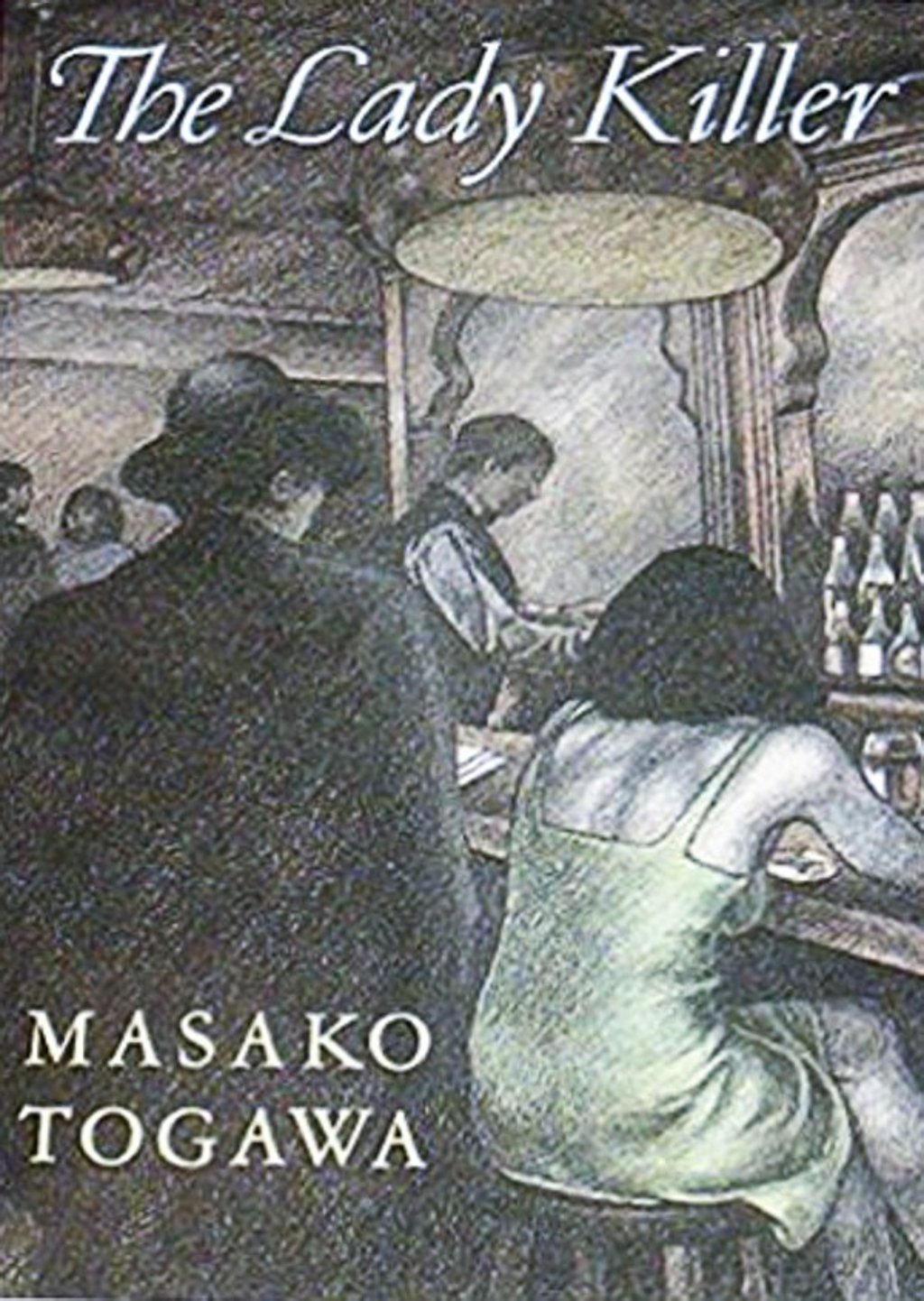Review | Suicide, murder and sexual desire pervade Tokyo’s bars in smart, sinister thriller
Masako Togawa’s second novel offers insight into the late author’s own fascinating story and how attitudes have shifted in the #MeToo era

The Lady Killer
by Masako Togawa
Pushkin
The Times Literary Supplement once described Masako Togawa as Japan’s answer to P.D. James, due to her exalted career in crime fiction.
Born in Tokyo in 1931, she worked as an English-language typist before she began writing, in 1961. Her debut, Oinaru Gen’ei (published in 1984 in English as The Master Key), won the Edogawa Rampo Prize – a literary award presented by the Mystery Writers of Japan – the next year.
Set in an enigmatic block of flats, the K Apartments for Ladies, Oinaru Gen’ei drew liberally on Togawa’s life, which mixed glamour, fierce autonomy and a touch of the outré. Here, perhaps, is where comparisons to P.D. James wobble. To the best of my knowledge, England’s foremost modern crime novelist never worked as a nightclub performer or came out as bisexual in her sixties.
